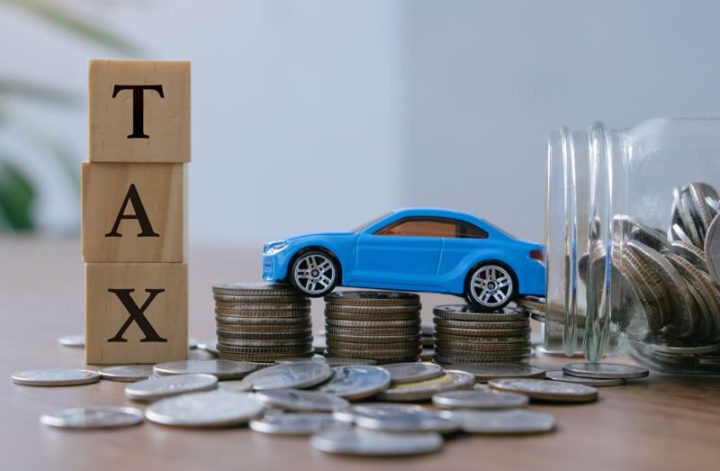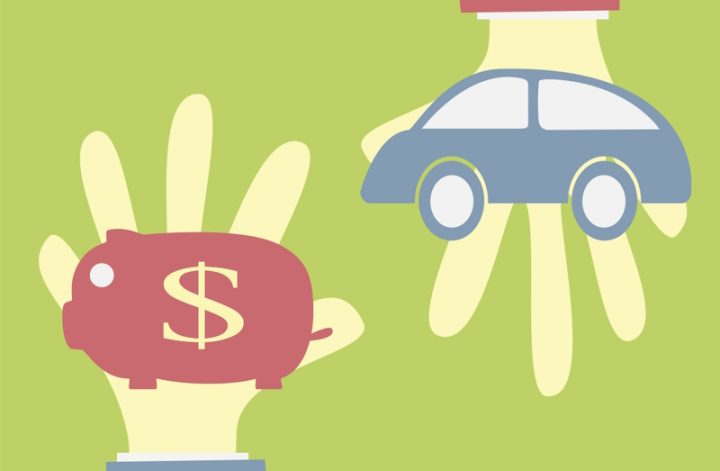With today’s unpredictable economy and rising inflation, we all know how crucial it is to make smart financial choices—especially when it’s about a big decision like buying a new car. Here at Motor City Chrysler in Windsor, we’re not just any dealership; we’re your partners in making sure you get the best value for your money. Therefore, let’s help you drive away in your dream car without breaking the bank.
The Power of Promotions
So, you’re looking for a great deal? You’ve come to the right place! Our monthly promotions at Motor City Chrysler are all about making it easier and more affordable for you to own a new car. Whether you’re setting your sights on a rugged Jeep for your next adventure or a durable RAM truck for tough jobs, our Monthly Promos page has all the hottest deals to get you the luxury and performance you deserve, at prices that make sense.
Featured Models: Jeep, RAM, Chrysler, and Dodge
Think about what you need in a vehicle. Do you crave adventure? A Jeep might be perfect for you, built to take on any terrain. Need something robust for work? Our RAM trucks are built to deliver power and reliability. But let’s not forget the sophisticated Chrysler models and the sporty Dodge lineup, each offering distinct features and benefits to suit various lifestyles. Whatever your lifestyle demands, our New Inventory is stocked with the latest models from Jeep, RAM, Chrysler, and Dodge ready to meet your needs. Moreover, why don’t you take a look?
Explore Our Full Inventory
Whether you’re in the market for a new or used vehicle, Motor City Chrysler has an extensive selection to fit your needs and preferences. Our used cars are as good as new, each backed by a peace of mind guarantee, ensuring quality and value. Why not visit us at 2300 Tecumseh Road East, Windsor, ON, or explore our vehicles online? If you have any questions or need help navigating our inventory, just Contact Us, Call Us at 888-893-0058, or better yet, Visit Us and let our friendly sales experts help you in person.
Financing Solutions for Everyone
No matter your credit situation—good, bad, or none at all—we have financing options for everyone. Here in Windsor, we’re known as the top financing specialists. We’re here to find a solution that works for you, helping you secure your vehicle without stress. Interested in learning more? Swing by our Financing page.
Trade-In Opportunities
Thinking about an upgrade? Let’s make it happen. Our trade-in process is straightforward and designed to benefit you. Use our Value Your Trade tool to find out what your current vehicle is worth, and discover how you can save on your next purchase. It’s quick, easy, and could be more profitable than you think.
Building Community Ties
Here in Windsor, we’re all about community. At Motor City Chrysler, we take this to heart in every interaction. We’re not just here to sell cars; we’re here to build relationships. Whether it’s your first visit or your hundredth, we treat you like family, always ready to support you long after you’ve driven your new car home.
Ready to see what we’re all about? Come down to Motor City Chrysler and let us show you why our customers trust us to provide top-quality vehicles and service. Schedule a visit to our dealership at 2300 Tecumseh Road East, or explore our offerings online. Our team is excited to meet you and help you find the perfect vehicle for your lifestyle. You can reach us by Contacting Us, calling us at 888-893-0058, or dropping by to meet with our sales experts in person. Let us help you drive your dream car today!
Choosing the right dealership is vital, and at Motor City Chrysler, we bring together fantastic promotional offers, a comprehensive vehicle range, and personalized financing solutions—all to ensure you get the best value. Join us at our Windsor location, where we make your dream car a reality in a community that genuinely cares about you.
Driving Your Dreams Home—as Your Trusted Partner in Automotive Excellence.








